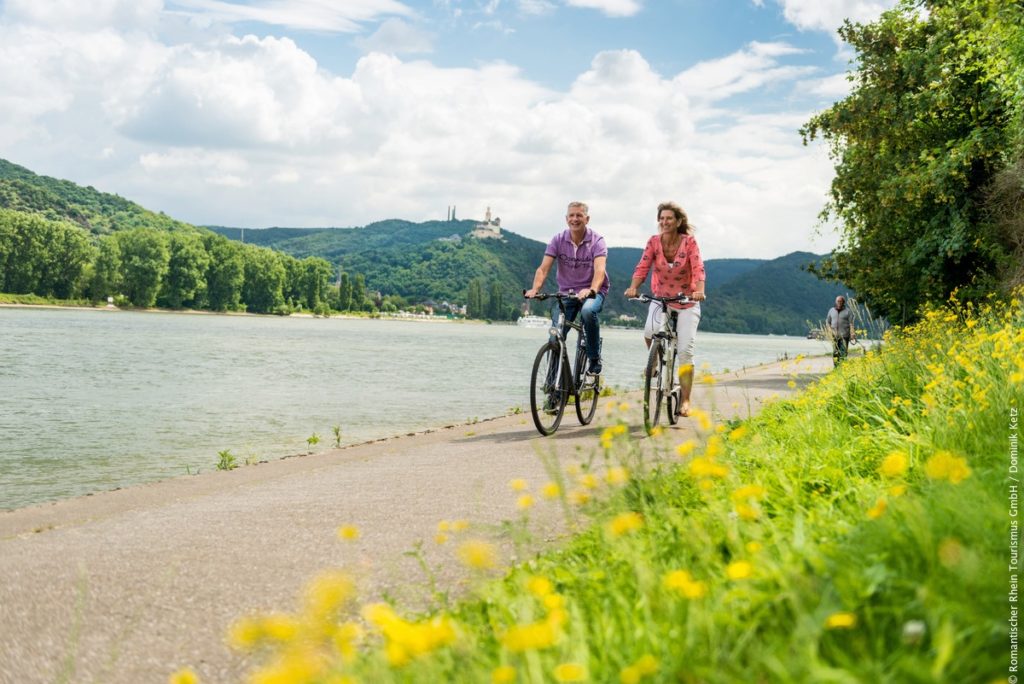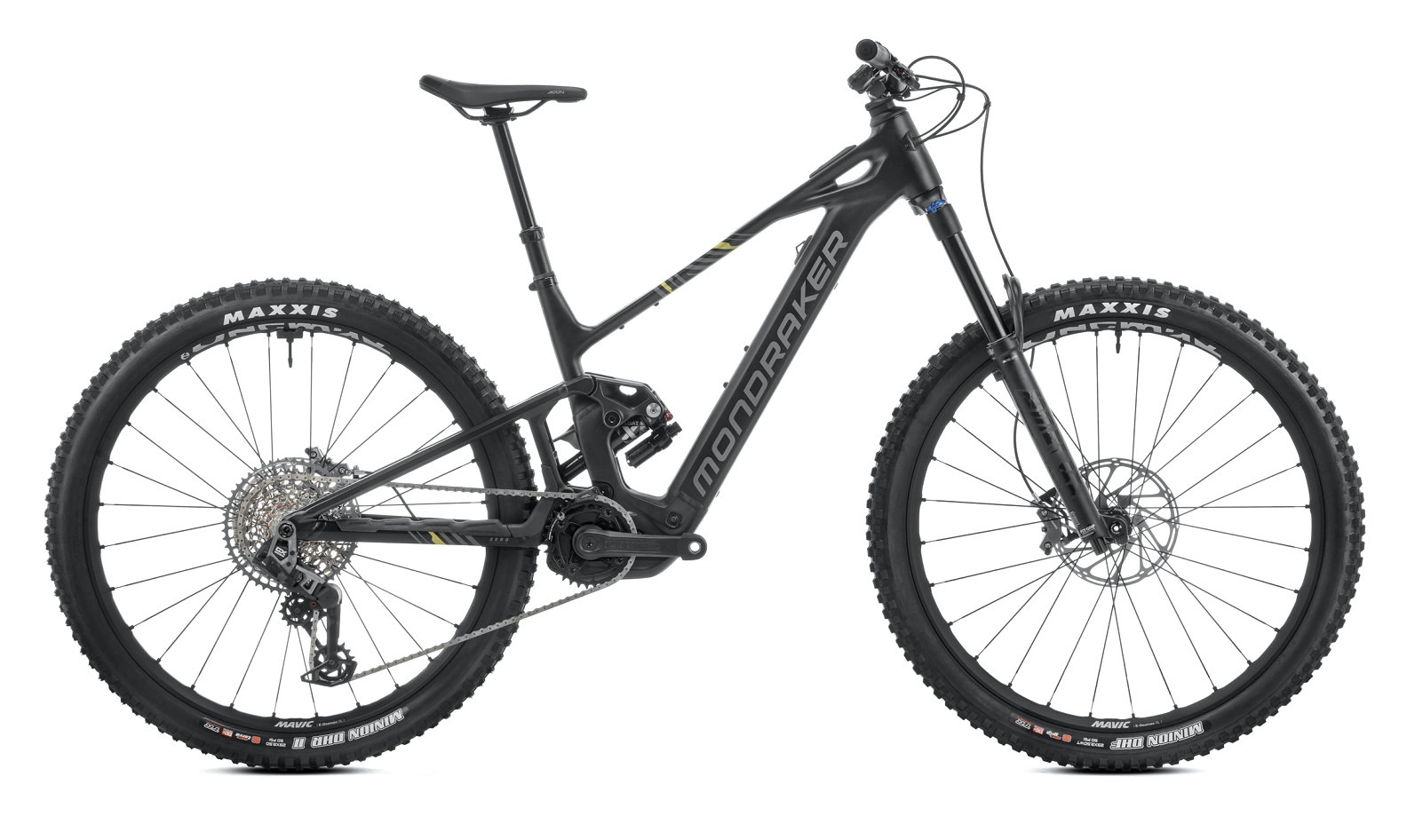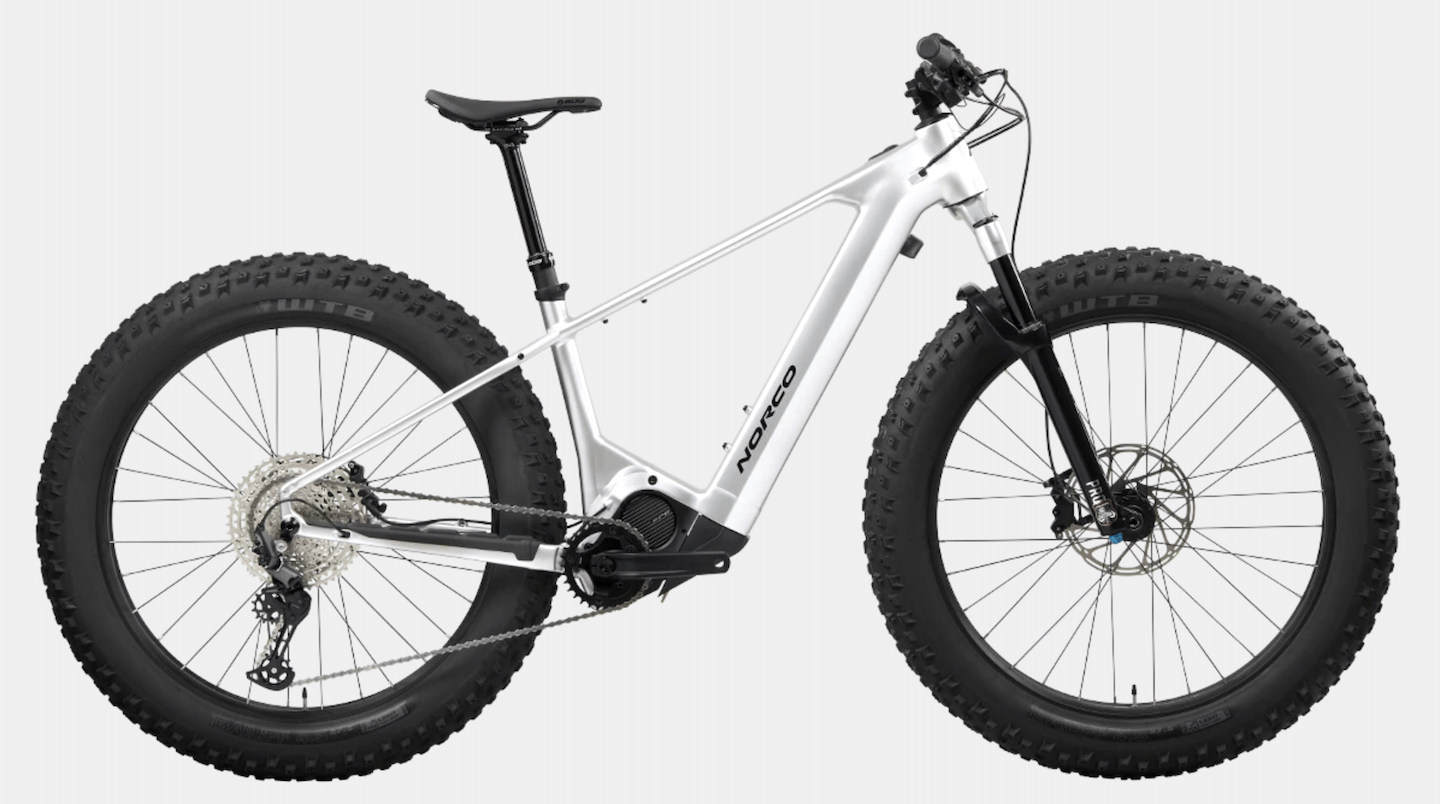July 20, 2022 - 2021 was a record year for the bicycle and e-bike industry in Germany and across Europe. The first half of 2022 saw this record nearly matched—despite the pandemic, the war in Ukraine, and rising inflation. Leasing agreements for high-end bikes also helped boost the sector.

Production
According to the ZIV (Zweirad-Industrie-Verband e.V., Germany’s Bike Industry Association), the production of bicycles in the first half of 2022 came in at 580,000 units, 3% less than in the first half of 2021 (600,000 units). According to the ZIV, the production of e-bikes (pedelecs) in the first half of 2022 came in at 800,000 units, 1% less than in the first half of 2021 (810,000 units).
Sales in Germany
Bike retail sales have generally remained stable in the first half of 2022. High-end bikes, especially pedelecs, saw slightly higher sales than last year, especially as part of a leasing agreement. In terms of bike sales within Germany, the rising inflation of recent weeks has been accompanied by depressed consumer demand, especially in the less expensive categories. This has also been seen in the aftermarket.
Availability
Many bike shops are filled to capacity. There are currently enough units on the market. As has been true for the past two years, not every requested option is always available (in terms of color, frame size, parts, etc.)—but there are nonetheless enough bikes.
Supply chain challenges
It is particularly with e-bike motor parts (e.g. batteries, dis‐ plays, chips) that supply-chain difficulties currently exist. In terms of bike frames, many companies are seeking to relocate production from Mainland China to places like Taiwan, Vietnam, Cambodia, etc. German manufacturers are also aiming to get their supplies from these locations. Of course, the necessary capacities first need to be put into place.
The logistics networks are still under great stress. There are too few containers available and the ports are clogged at both source and destination. Sudden closures of Chinese ports, which are hugely important for transshipments, can happen at any time. Onward transport within Europe is also seriously hampered by labor shortages. The ZIV expects no improvements until late 2023.
“The companies in Germany’s bike sector have withstood the hurdles of the pandemic and are still doing a great job today, even with the additional difficulties following from Russia’s invasion of Ukraine. After a record year in 2021, we managed to maintain nearly the same level in the first half of 2022,” according to Burkhard Stork, Managing Director of the ZIV.
High-level, long-term political support Germany’s federal budget for 2020 kicked off the country’s biggest ever bike-path construction campaign. Long-term financing, which is particularly important for this kind of investment program, had only been secured until 2023. With the draft budget for 2023, on the table since late June 2022, Federal Transport Minister Volker Wissing has now secured the necessary long-term funding, with the crucial section even taking it into the 2028 budget year.
“Federal Transport Minister Wissing has made it clear he wants to promote bicycle usage and that he’s continuing the federal government’s bike path campaign. This is how he’s creating the foundations for long-term investments in local communities in terms of building better bike paths. We need them urgently. We’re very pleased with Minister Wissing’s commitment to bike use,” added Stork.
Now more than ever: the future belongs to the bike It is not only the COVID-19 crisis that has made bikes and e-bikes (pedelecs) increasingly popular. Germany’s massive dependence on Russian fossil fuels has also given prominence to the bike and e-bike as excellent options for most trips in everyday personal transport. The German bike industry knows it is building the future’s most important means of transport, and despite all the difficulties to be overcome today and in the coming months, it remains very optimistic for the coming years.
The ZIV (Zweirad-Industrie-Verband e.V., Germany’s Bike Industry Association) In 2021, ninety percent of the bikes and e-bikes made in Germany came from ZIV member companies. The ZIV is Germany’s national advocacy group representing the interests of the German and international bike industry. It includes manufacturers and importers of bicycles and e-bikes as well as their components and accessories. Representing around a hundred companies, the ZIV interacts with legislators, agencies, the government, the media, and other institutions and organizations.
















